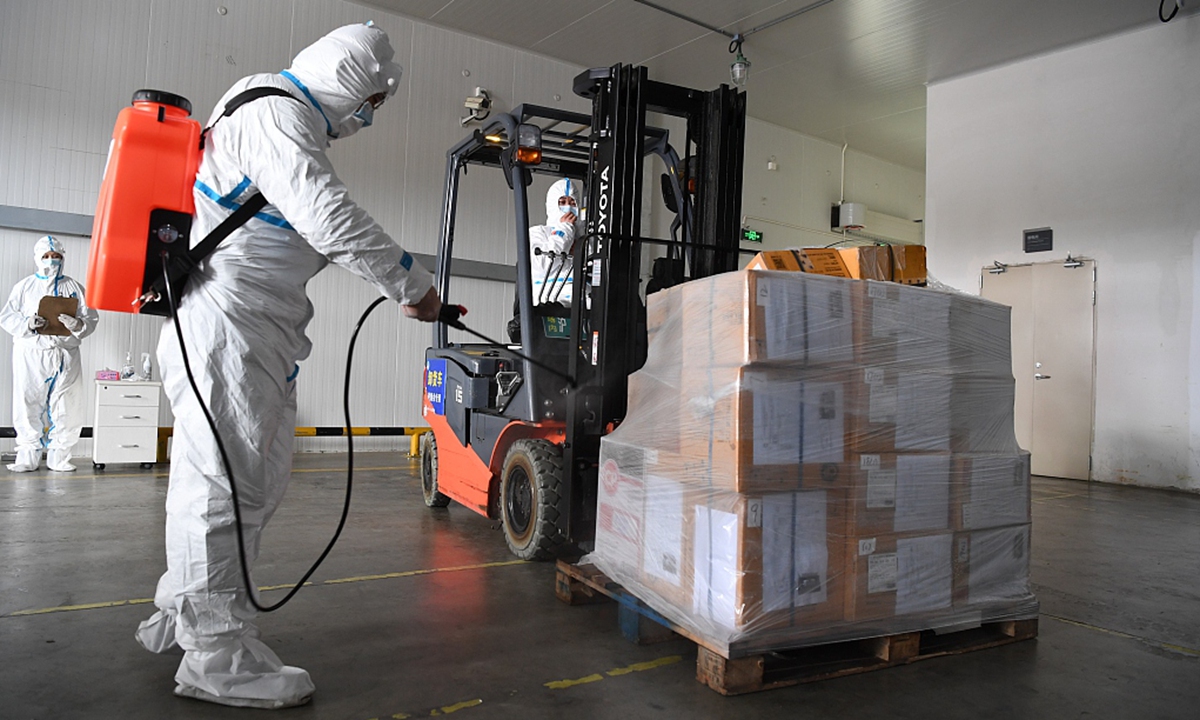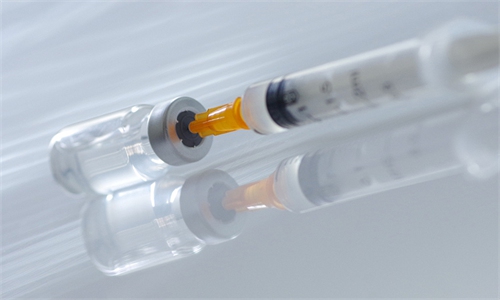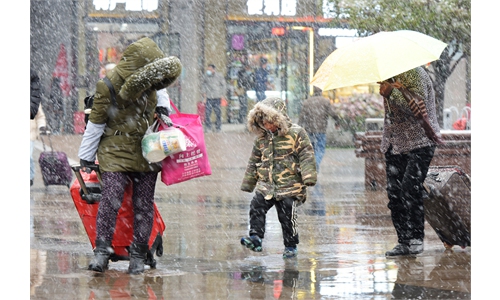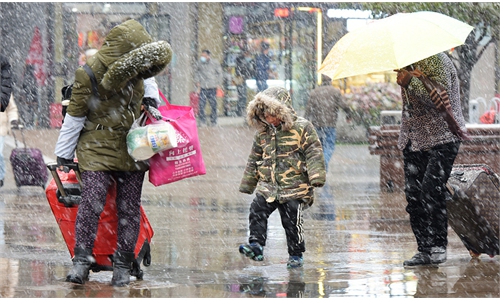COMMENTS / EXPERT ASSESSMENT
Chinese consumers jittery about imported food, as Spring Festival shopping spree nears

Photo: VCG
With the Spring Festival peak shopping season rapidly approaching, Chinese market regulators at different levels of the government are ramping up strict, detailed measures in all links of cold-chain food markets - in particular inspections on imports, so as to lower COVID-19 contamination risks.After China's top market regulator, State Administration for Market Regulation, in December vowed to promote a national traceability platform on imported cold-chain foods, which is expected to cover over 90 percent of the country's ports of arrival for imports of cold-chain foods, many provinces have established their own traceability system, ensuring safety and confidence from the port to people's dining table.
While market regulators across China are posting safety tips to consumers about imported cold-chain food consumption, Chinese consumers have become more cautious against imported cold-chain food in light of rising imported COVID-19 infections, identified in cold-chain food.
China's meat imports have dropped in recent months as concerns persist over the safety of imported cold-chain products. Data from China's General Administration of Customs shows that pork and beef imports in November were down almost 70 percent from July.
Chinese demand for cold-chain food imports are forecast to continue to see a marked drop during the coming Spring Festival shopping season. A proportion of consumers will avoid imported cold-chain food, including seafood, beef, pork and poultry. And this will be added to a host of strict social distancing measures implemented in some regions, which will reduce the consumption of out dinner during the holidays.
Tightened restrictions and cautious consumer sentiment are bound to have some impact on cold-chain foods import, but as the inspection system that can maximize safety is being brought online, the overall cold-chain food imports during the consumption season are not expected to suffer a big blow.
When market regulators ask companies importing cold chain food from abroad to strengthen supervisions, they are merely in the purpose of securing consumption safety. Despite increasing time cost, such supervision will only add some trade links, not becoming a barrier for imports.
At present, the major issue faced by the cold-chain food import industry is declining demand and tightened supervision on the market.
With China's accelerated economic recovery, economic growth has gradually recovered to near pre-pandemic levels. Domestic demand is highly likely to increase to a certain extent around the Spring Festival. The price of food and other products may rise slightly, however the price of imported cold-chain food will not be as visibly affected. The domestic cold-chain food supply remains ample, and the import channel remains smooth, which will all keep the price stable.
Overseas cold-chain foods exporters need to take measures to strengthen supervision measures to avoid contamination, including strengthen disinfection and introduce traceability practices. Only after they can rule out virus contamination, can their products be consumed by Chinese families during the coming holiday spending spree.
The author is a professor and head of the Economics and Trade Department with the College of Economics and Management at China Agricultural University. bizopinion@globaltimes.com.cn



